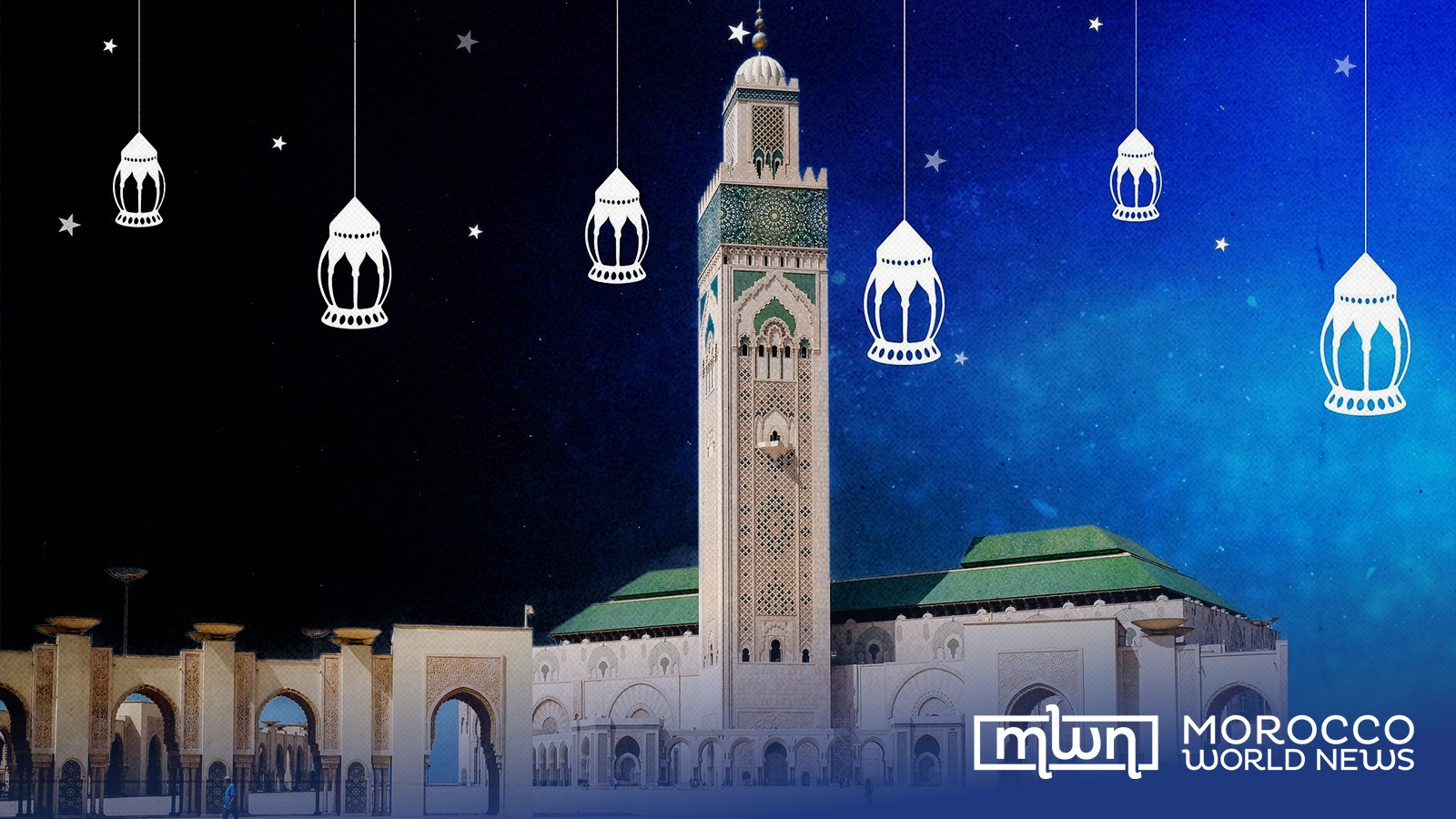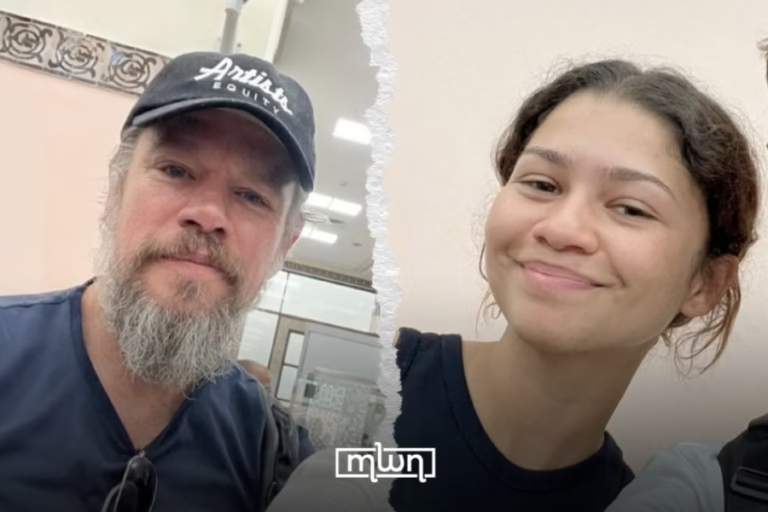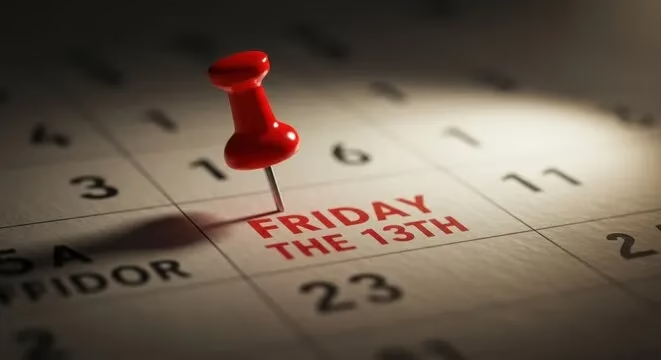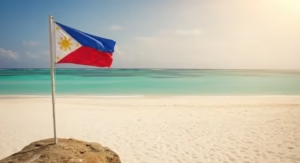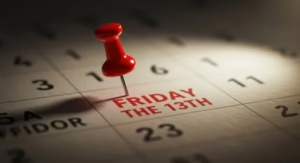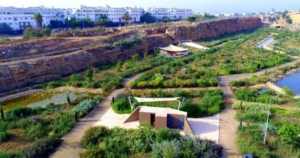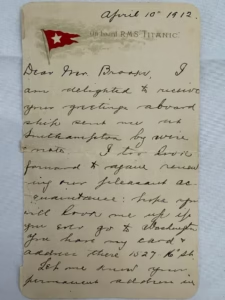Rabat – Muslims around the world eagerly await Eid Al Fitr, a major Islamic holiday that marks the end of Ramadan’s month-long fasting, during which families and communities gather to share the holiday spirit.
Eid Al Fitr, also known as “the Holiday of Breaking the Fast” or “Eid Sghir” (Small Eid) in Morocco, is a time for families and friends to gather, perform special prayers at the mosque, donate charity to those in need, and enjoy a lavish breakfast.
Eid al-Fitr is celebrated on the first day of Shawwal, the tenth month in the Islamic calendar. The date of Eid al-Fitr varies depending on the crescent moon sighting. If the moon cannot be observed after the 29th night of the month, Ramadan will last 30 days.
The fast-breaking feast is also an opportunity for Muslims to celebrate their spiritual and physical achievements during Ramadan. These include abstaining from fast-breaking acts such as eating, drinking, and sexual activity from dawn to dusk, as well as avoiding all types of wrongdoings (lying, gossiping, profanity, and so on).
Eid Al Fitr preparations
The days leading up to Eid al-Fitr are spent making preparations. Moroccan markets are buzzing with activity as people shop for new clothes, sweets, and pastries in preparation for the much-anticipated festival.
Henna is also an important feature of Eid al-Fitr celebrations in Morocco. Women and young girls apply henna designs to their hands and feet and dress in traditional Moroccan attire.
 Henna on hands
Henna on hands
All family members wear special clothes, women wear a “Djellaba” or “Caftan,” while men wear the “Gandoura” or a “Djellaba” with traditional slippers, “Belgha.”
Zakat Al Fitr
One of the key features of Eid Al-Fitr in Morocco is the distribution of “Sadaqat Al Fitr,” a mandatory charitable donation that Muslims must give two or three days ahead of Eid Al Fitr.
The donation can be given in the form of staple food items that are regularly consumed by people, such as wheat, barley, or other similar products.
For those who wish to donate money, the cash value of Zakat al-Fitr varies annually. This year, Morocco’s High Council of Ulemas has set the value of Zakat Al Fitr at MAD 20 ($1.97).
In Islamic traditions, Zakat Al Fitr is believed to purify the fasting person of any shortcomings in his or her fasting during Ramadan.
Zakat Al Fitr is intended for the poor and needy so as to ensure that all Muslims have the financial means to celebrate Eid Al Fitr.
Eid Al Fitr Celebrations
In Morocco, Eid Al-Fitr celebrations begin with a special prayer called “Salat al-Eid,” which is performed in congregation in Musalla (an open space outside a mosque that is mainly used for praying) and local mosques early in the morning.
Following Salat-al Eid, Muslims greet friends, family, and neighbors with “Eid Mubarak,” which translates to “blessed Eid,” and then they visit their relatives and friends to enjoy their first post-Ramadan morning meal. They also telephone distant relatives to wish them a Happy Eid.
 Man going to the mosque
Man going to the mosque
The first breakfast after Ramadan usually consists of many different Moroccan traditional sweets such as Kaab Al-Ghazal (gazelle horns), Fekkas, and Ghriba.
Cakes, and different types of bread such as Msemmen and Harcha are also served with Moroccan mint tea.
 Moroccan traditional sweets and tea
Moroccan traditional sweets and tea
Eid Al Fitr is a particularly joyous day for children: In addition to wearing new clothes and eating sweets, they receive money or gifts from elder members of the family.
The remarkable celebrations of Eid al-Fitr in Morocco showcase the country’s distinctive cultural traditions and rich Islamic history.
To truly enjoy Eid al-Fitr in Morocco, nothing beats experiencing it firsthand. The vibrant streets, the aromas of scrumptious food, the artistically designed henna tattoos, and the colorful costumes all heighten the senses, leaving a lasting impression on anyone fortunate enough to be a part of the celebration.
So, if you ever get the chance, do not pass up the chance to celebrate Eid al-Fitr in Morocco.
Eid Mubarak Said!

